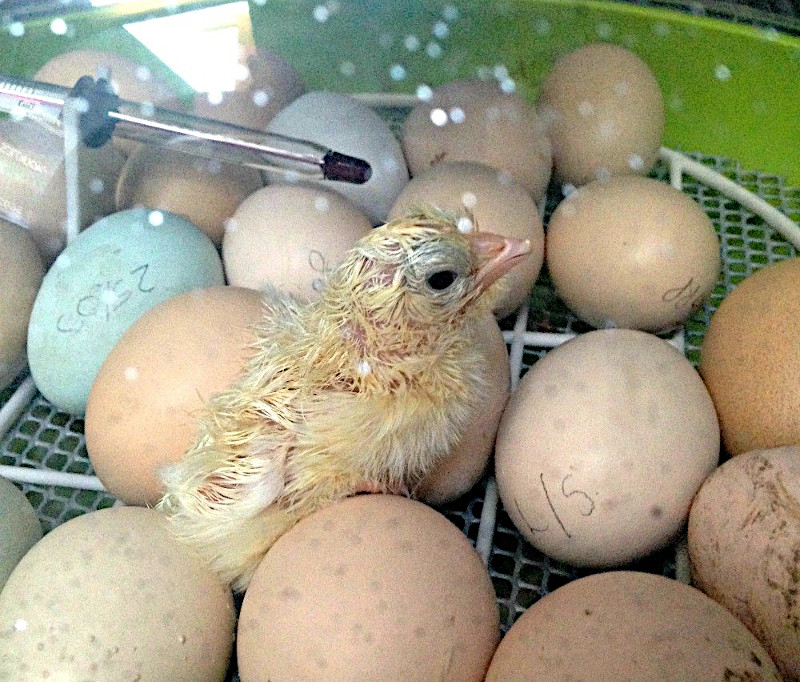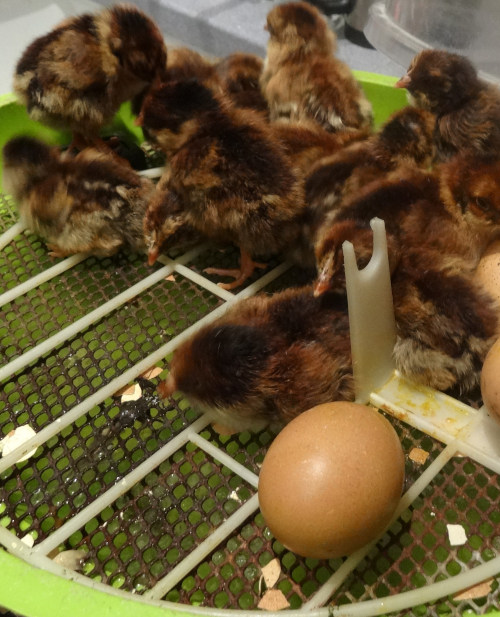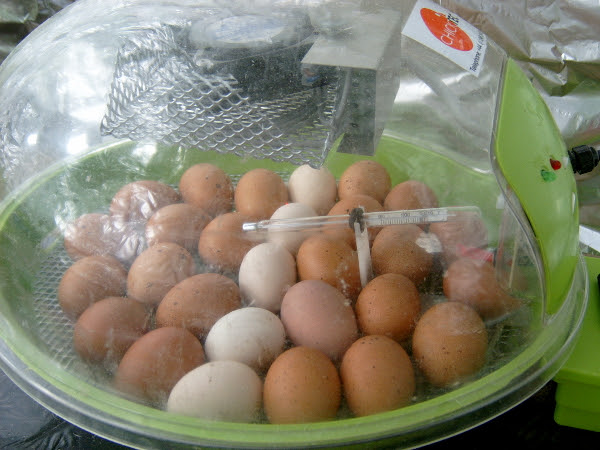Why do incubators fail?

Most incubators fail because of neglect or improper use.
I hatch several thousand chicks every year in a great many types of incubator and anyone who has any experience in raising their own poultry knows how important a constant and steady temperature is when it comes to incubating eggs.
Over the years the majority of incubators I have used to hatch poultry have been relatively reliable with one exception.
Most commonly, it's the thermostat and heating element in these cheaper egg incubator units that either blows or slowly loses output or heating capability.
The reason egg incubators stop working properly:
- Poor cleaning. Allowing fluff from hatched chicks or mess from exploded eggs can build up and cause failure.
- Bad location. Incubators left in full sun can overheat easily.
- Damp locations: Damp locations don't go well with electronics.
- Poor servicing. Regular checking that your incubator is working properly and replacing parts that need it is sound practice.
- Improper use. Not setting or using incubators according to the instructions.
- Cheap incubators. You do get what you pay for when it comes to buying incubators.
I don't think overuse is a cause of failure as such as I have 4 machines that have run for several years continuously with no trouble at all.
It is the heating and cooling cycles when you turn incubators on and off repeatedly that increases the wear and tear. My incubators last a long time as they run continuously and I make use of separate hatcher which means the incubators never get full of bits of shell and fluff from the chicks.
The Heating elements and thermostats and egg turner motors are the things that fail the most and you should plan to change these every few years. The fans in forced air incubators seem to last about 3 hatching seasons although I have had some do five.
Poor location: Siting an incubator in a cold area will mean the heating elements has to work much harder than normal and will burn out more quickly.
Bad cleaning practices: Chicks produce a very fine fluff that gets into the fans, air vents and forms an insulating layer on the electronics of incubators. If it is not cleaned away every time you will eventually have a failure.
Below: A dirty an rusty incubator is not going to last long and give good hatches.

Overloading incubators with too many eggs is another common thing I see. Keepers obviously want the best hatches so they add a few more eggs so that there will be just the right number after clears are removed. Unfortunately this practice can overload egg turners or jam them up completely.
How to repair incubators:
I have found repairing incubator to be an easy task. With most machines, any user serviceable or replacement part are easy to swap for new.
Make sure the machine is switched off and unplugged from the electricity.
Familiarise yourself with your machine and have the correct tools.
Purchase the replacement part from a reputable supplier.
From my experience repairing incubators, most of the modern ones are modular for the most part with only a few user serviceable parts.
For the most part in incubators, the electronics are a sealed unit and all that can be replaced is the fan, heating elements and the egg turners.
My most reliable incubator over the years has been the this FIEM Smart 20 incubator sometimes branded as Chicktec.

I now have four of these, they are easy to clean and adjust, quiet and simple and have 4 seperate water trays in the bottom. They run all day every day as I use a separate hatcher.
